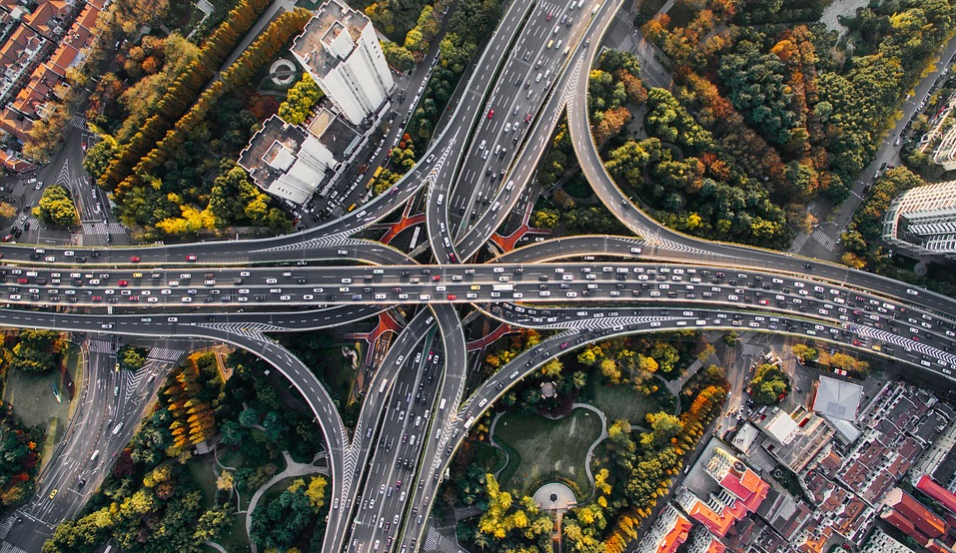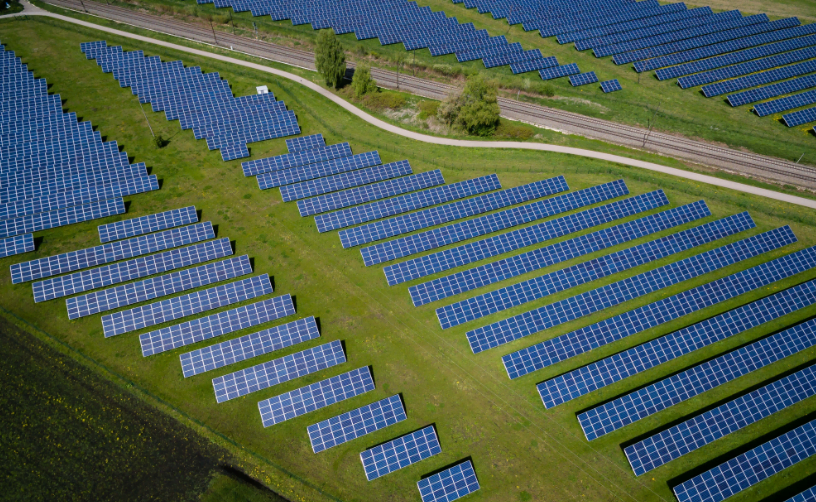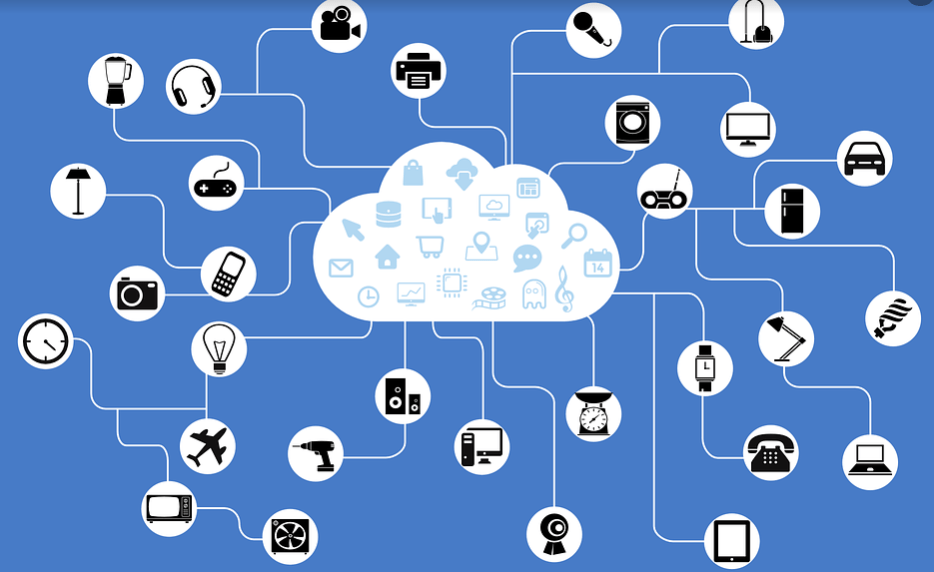The rate at which we consume and expend resources right now is far from efficient. Certainly, there are many areas where we can be greener, more efficient and sustainable.
Estimates show that two thirds of the world’s population will be living in cities by 2050; that’s 6.3 billion people or 68 percent in quarter of a century’s time. Factor in urbanization which is estimated to be 1.3 million people per day right now which is expected to balloon to unprecedented levels and we’ve really got an alarming rate of population inflation in our hands.
Cities of the future will have to be efficient and technologically advanced if we are going accommodate millions of people in such small areas dotted all over the globe. Smart cities is now becoming mainstream as the solution to increasing population and pollution.
Below are the major things we can expect from smart cities of the future:
Green and sustainable
Plants and trees will be a staple in every city with more walking and cycling paths to keep its residents healthy. They will also improve declining air quality especially in major cities where the population is dense. Vehicles will shift from internal combustion to electric to rely on renewable resource instead of fossil fuel. Everything will be powered by solar, wind and other forms of renewable energy sources.
Seamlessly connected
We need high-speed data access In order to streamline processes such as traffic flows and transportation. For instance, Hangzhou in China is home to 9 million people and used to have the 4th worst traffic in the world. Now the roads are flowing nicely, thanks to an AI called City Brain running on 5G. This also means free high speed WiFI for everyone everywhere to make information more accessible and bring communities closer.
Built with robust wireless infrastructure
A robust wireless network is key to implementing continuous connectivity; the foundation in which every smart city is built upon. Right now, countries are racing to implement 5G, the high-bandwidth solution that is 100 times faster the 4G, to enable devices to talk to each other without human interaction, thereby making cities productive, cost-effective and energy-saving.
Collects smart data
Smart cities will have revolutionary ways of collecting to improve all aspects of life including the health and safety of its constituents. In Louisville, an alliance of health organizations placed sensors in 1000+ asthma pumps and collected invaluable data that ultimately helped determine the roads with poorest air quality in the city. They found a certain road where asthmatics are three times more likely to use their pumps compared to other areas in the neighborhood. This led to health warnings and more trees planted around that particular street.
We can also expect personalized data. According to a survey by Smart Cities, a third of the population expects personalized data to improve experiences such as navigation path optimization and traffic control. Smart data should give you the not only the fastest way to get from point A to be point without exploiting accessing and exploiting your personal data.
This will also come in handy for businesses looking to improve their product or service.
Equipped With smart utilities
Engineering – Only technology will be fast and effective enough to monitor system degradation, temperature, humidity and other factors in structures around the city. As an example, putting sensors in water pipes allow leaks to be detected right away. Smart cities have to be be climate proof, which means it has to be resilient to flooding, overheating and storms among a host of other things.
Smart buildings – Imagine a building that can take care of its residents and even support its surroundings. Smart buildings of the future will always be collecting vital information like amount of usage to operate at optimum efficiency at all times. It will be effective at collecting solar and wind energy, any excess will then be shared with its surroundings.
Resource Conserving – We’ve heard it time and time again, turn off the light or faucet after use. Even renewable energy needs to be conserved. City light will equipped with sensors that will automatically dim when no one is around like those implemented in Singapore and some parts of Europe. Grids, which are expected to be equipped practically everywhere (roads, homes, etc.) will also become smarter, sending more energy to areas that need it and less to those that have low consumption to be determined by constant collection of data.
Operates smart transportation
Transportation, both private and PUVS, will communicate with each other to streamline traffic flows and prevent accidents on the road. Delays will be kept at a minimum and queues for public transport will practically be non-existent.
Damon Motorcycles is starting the revolution towards a faster, safer and connected motorcycle riding. Their AI-enhanced protection system is specifically fitted for the age of IoT where all devices communicate and interact with each other seamlessly. Other major players in the motorcycle scene such as BMW and Honda are also prepping for the age of seamless connectivity.
There is a possibility that because public transportation of the future is so streamlined, think Hyperloop and air taxis, that the need for for private vehicle as a means to get from point A to point B may become obsolete. Private vehicles will become more of a hobby or collectible rather than a means to an end.
Offers more time for things that matter
There certainly are people who think of automation as a threat to their way of life. While machines are indeed smarter, faster and more cost-effective alternatives to human laborers, it is not meant to replace people. With automation, we can instead focus on creating quality products and providing better personal services instead of toiling with redundant tasks.
In the age of smart cities, everything you need to know will be at the palm of your hands. Whether its the best and safest times to travel, to your personal energy usage and eating habits—a smart city can help its citizens improve in all aspects of life.











